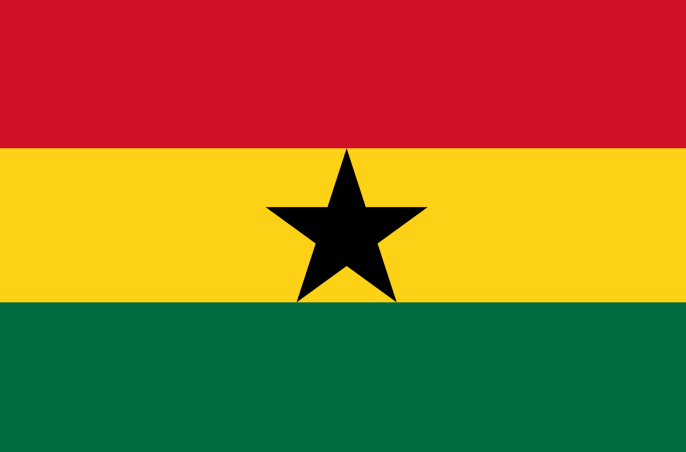Ghana to Launch Mobile Money Interoperability Pilot with Nigeria

In a groundbreaking move to enhance cross-border payments within West Africa, Ghana has announced the launch of a pilot program for mobile money interoperability with neighboring Nigeria. This initiative aims to make it easier, faster, and more cost-effective for residents in both countries to conduct financial transactions through mobile money services.
The project, driven by the Ghana Interbank Payment and Settlement Systems (GhIPSS) in collaboration with the Central Bank of Nigeria and leading telecommunications and financial providers, will allow mobile money users in Ghana to transfer funds seamlessly to recipients in Nigeria. This cross-border mobile payment solution is expected to transform remittances, enable efficient cross-border trade, and improve financial inclusion for people in rural and urban areas of both countries.
Currently, mobile money usage in Ghana has seen exponential growth, with more than 40 million registered accounts, while Nigeria has also seen an increase in adoption, particularly in areas with limited access to traditional banking. The pilot aims to test the system's stability, security, and compliance with regulatory frameworks before expanding the service region-wide.
"Mobile money interoperability with Nigeria is a crucial step toward achieving an integrated financial ecosystem in West Africa," said Archie Hesse, CEO of GhIPSS. "We are committed to creating a seamless payment experience that not only serves individuals but also small and medium-sized enterprises who depend on these transactions."
Experts expect this initiative to ease cross-border trade and facilitate economic growth by reducing the costs and complexities of money transfers. If successful, the pilot will pave the way for further interoperability within the Economic Community of West African States (ECOWAS), potentially making mobile money transfers as common and straightforward as local transactions across West Africa.
The pilot is expected to run through early 2025, with a potential rollout to the general public by mid-2025.
West Arekamhe
 Africas leading resource for digital financial services
Africas leading resource for digital financial services


comments